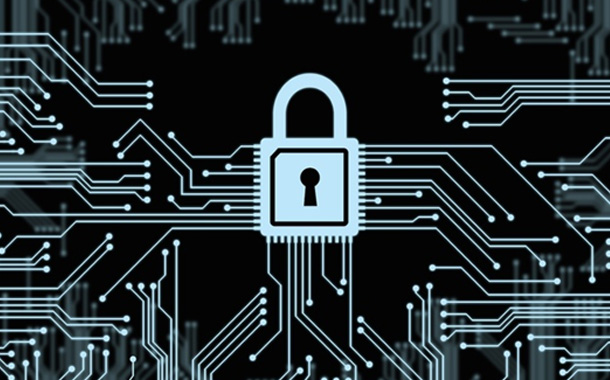New XGen security features enhance server protection and extend to container architectures
Trend Micro Incorporated announced the upcoming availability of Trend Micro Deep Security 10, powered by XGen Security. XGen Security is a blend of cross-generational threat defense techniques fueled by market leading threat intelligence, and powers all Trend Micro security solutions. With this release, Deep Security continues its industry leadership protecting physical, virtual and cloud servers across leading environments such as VMware, Amazon Web Services (AWS) and Microsoft Azure, adding multiple new security techniques that have been optimized for maximum performance, operational efficiency and response to newly discovered threats.
“The business demands for faster application delivery using the cloud without increasing IT spend means that security needs to be looked at differently,” says Jason Cradit, senior director of technology for TRC Solutions. “Deep Security fits the DevSecOps model, giving us full visibility of all cloud workloads and automated provisioning of a broad range of security controls, which enables us to easily support an ever-expanding pipeline of new applications with a small, nimble team.”
Broad Range of Protection Techniques
Deep Security includes a smart blend of cross generational threat defense techniques for protecting servers from known bad threats, including anti-malware and intrusion prevention (IPS) to detect and stop sophisticated attacks. As a part of the XGen Security strategy, Deep Security 10 adds multiple new security techniques, including the prevention of unauthorized software changes with application control. Reimagined for the hybrid cloud, the new application control feature can protect servers from sophisticated attacks such as ransomware, even when applications are constantly changing and elastic workloads are distributed across virtual and cloud environments.
Focused on further enhancing the ability to detect unknown threats, Deep Security 10 supports sandbox integration with Trend Micro Deep Discovery, and will also soon add machine learning to its ever-growing list of advanced threat defense techniques.
Continuing a Different Approach to Hybrid Cloud Security Management
Deep Security is optimized for VMware, AWS and Microsoft Azure deployments, delivering full visibility that enables automated discovery and protection of servers. This new release adds many integration and management enhancements, including faster connection and time to protection for AWS and Azure workloads, along with support for the latest Azure account format, Azure Resource Manager v2 (ARM). It also expands beyond server workloads to protect Docker containers, leveraging proven techniques like anti-malware, IPS and application control to protect dynamic container deployments.
“Multiple techniques are essential to defend against the sophistication of today’s threats. But companies need to conduct security at the speed of business, and security must support the agility and flexibility of modern architectures that include virtualization and cloud,” said Duncan Brown, associate vice president, security practice for IDC. “With the introduction of Deep Security 10, Trend Micro delivers a continually growing number of security techniques that have been optimized for protecting workloads across the hybrid cloud, combined with visibility that clearly reflects their position as the market-share leader for server security.”
“In addition to embracing and helping our customers with important new infrastructure changes like Docker containers, Deep Security 10 also addresses the need to purchase security differently,” said Bill McGee, senior vice president and general manager, hybrid cloud security for Trend Micro. “Deep Security is available as software, as-a-service, and through the AWS and Azure marketplaces, giving organizations unparalleled purchasing flexibility, including per hour pricing matched to the cloud.”
“Important customers, such as the U.S. Centers for Medicare & Medicaid Services (CMS) and NASA, are embracing virtualization and cloud technologies in response to the business need to go faster,” said Tariq Alvi, founder and president of XentIT. “Deep Security gives us the breadth and environment support we need to respond quickly to business requirements that include protection of physical, virtual and cloud workloads.”




